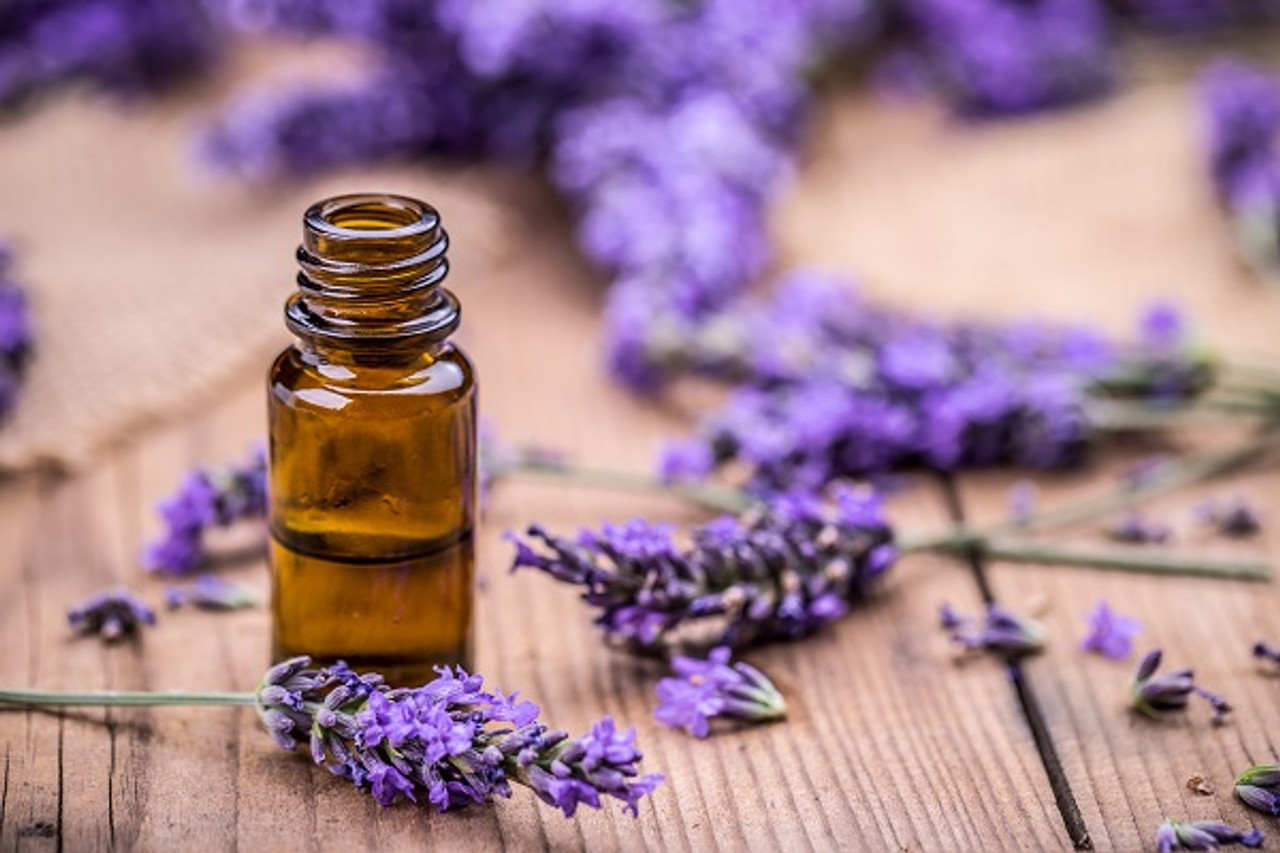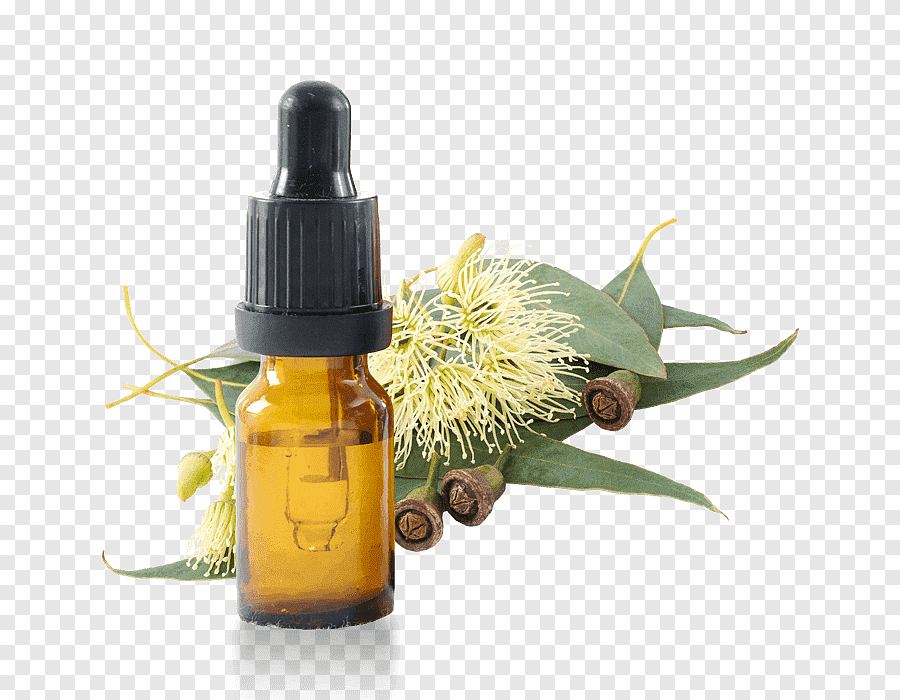lmond oil is a versatile product with numerous applications for skin, hair, and overall wellness. Here are some effective ways to incorporate almond oil into your daily routine:
For Skin Care:
-
Moisturizer:
- Apply a few drops of almond oil to your face and body after cleansing.
- Gently massage in circular motions until fully absorbed.
- Use daily to keep your skin soft, smooth, and hydrated.
-
Makeup Remover:
- Put a few drops of almond oil on a cotton pad.
- Gently wipe away makeup, including stubborn mascara and eyeliner.
- Rinse with warm water and follow with your regular cleanser.
-
Anti-Aging Treatment:
- Apply a small amount of almond oil to areas with fine lines and wrinkles.
- Massage gently to help reduce signs of aging and improve skin elasticity.
For Hair Care:
-
Deep Conditioning Treatment:
- Warm a small amount of almond oil in your hands.
- Apply to the ends of damp or dry hair.
- Leave on for at least 30 minutes or overnight for deep conditioning.
- Shampoo and rinse thoroughly.
-
Scalp Massage:
- Apply a small amount of almond oil to your scalp.
- Massage gently to nourish the scalp and promote healthy hair growth.
- Leave on for 30 minutes, then wash with shampoo.
-
Frizz Control:
- Apply a few drops of almond oil to the ends of your hair to control frizz and add shine.
- Use sparingly to avoid weighing down your hair.
-
Skin Care:
- Moisturizer: Almond oil deeply hydrates and nourishes the skin, making it ideal for daily moisturizing.
- Anti-Aging: Reduces the appearance of fine lines and wrinkles with its antioxidant properties.
- Treatment for Dry Skin Conditions: Helps alleviate symptoms of eczema and psoriasis by soothing and moisturizing dry, irritated skin.
- Makeup Remover: Gently removes makeup, including waterproof products, without irritating the skin.
- Dark Circle Reducer: Lightens dark circles and reduces puffiness around the eyes when applied regularly.
-
Hair Care:
- Deep Conditioner: Strengthens and conditions hair, reducing breakage and promoting shine.
- Scalp Treatment: Nourishes the scalp, helping to prevent dandruff and promote healthy hair growth.
- Frizz Control: Tames frizz and flyaways, adding shine and smoothness to hair.
-
Massage Therapy:
- Carrier Oil: Ideal for use as a carrier oil in aromatherapy and massage blends, providing a smooth glide and nourishing the skin.
- Relaxing Massage: Used on its own or mixed with essential oils for a relaxing and therapeutic massage experience.
-
Nail Care:
- Cuticle Oil: Softens and conditions cuticles, promoting healthy nail growth.
-
DIY Beauty Recipes:
- Scrubs and Masks: A key ingredient in homemade scrubs, masks, and lotions, enhancing their moisturizing properties.
Effectiveness of Almond Oil:
-
Nutrient-Rich Composition:
- Almond oil is packed with vitamins E and A, which are vital for maintaining healthy skin and hair.
- Contains essential fatty acids, proteins, and antioxidants that help protect and rejuvenate the skin and hair.
Hair Health:
- Strength and Shine: Regular use of almond oil can improve hair strength and add a natural shine, reducing the likelihood of hair breakage.
- Scalp Health: Massaging almond oil into the scalp improves blood circulation, which can help in preventing hair loss and promoting new hair growth.
Almond Oil Side Effects
While almond oil is generally considered safe for most people, there are potential side effects and precautions to be aware of:
-
Allergic Reactions:
- Nut Allergy: Individuals with nut allergies should avoid using almond oil, as it can trigger allergic reactions, including itching, swelling, and difficulty breathing.
- Skin Sensitivity: Even those without a nut allergy might experience skin irritation or allergic reactions. Always perform a patch test before using almond oil extensively.
-
Acne and Clogged Pores:
- Comedogenic Properties: Almond oil has a moderate comedogenic rating, which means it can clog pores in some people, potentially leading to acne breakouts. Those with acne-prone skin should use it cautiously.
-
Ingestion Risks:
- Bitter Almond Oil: Bitter almond oil is toxic and should not be ingested. Ensure you are using sweet almond oil for culinary or topical use.
- Digestive Issues: Consuming large quantities of sweet almond oil can cause gastrointestinal discomfort, including nausea and diarrhea.
Precautions:
-
Patch Test:
- Before applying almond oil to a large area of skin, perform a patch test. Apply a small amount to the inner forearm and wait 24 hours to check for any adverse reactions.
-
Special Considerations:
-
Pregnancy and Breastfeeding:
- Generally considered safe, but it's always best to consult with a healthcare provider before using almond oil during pregnancy or breastfeeding.
-
While almond oil is generally safe for most people, certain precautions and warnings should be considered to ensure its safe use.
1. Allergies:
- Nut Allergies: Individuals with nut allergies should avoid using almond oil. Even topical application can trigger allergic reactions such as itching, swelling, redness, and in severe cases, anaphylaxis.
- Patch Test: Always perform a patch test before using almond oil on a large area of the skin. Apply a small amount to the inner forearm and wait 24 hours to check for any adverse reactions.
2. Skin Conditions:
- Acne-Prone Skin: Almond oil has a moderate comedogenic rating, meaning it can clog pores and potentially exacerbate acne. People with oily or acne-prone skin should use it cautiously or opt for non-comedogenic alternatives.
- Sensitive Skin: If you have sensitive skin, start with a small amount to see how your skin reacts. Look for 100% pure, cold-pressed almond oil to minimize the risk of irritation.
3. Ingestion:
- Bitter Almond Oil: Bitter almond oil is toxic and should never be ingested. Ensure you are using sweet almond oil, especially for culinary purposes.
- Moderation: Consuming large quantities of sweet almond oil can lead to digestive issues, including nausea, diarrhea, and abdominal discomfort. Use in moderation.
4. Pregnancy and Breastfeeding:
- General Safety: While almond oil is generally considered safe for topical use during pregnancy and breastfeeding, it is always best to consult with a healthcare provider before use to ensure it is safe for you and your baby.
- Ingestion: Pregnant and breastfeeding women should avoid ingesting large amounts of almond oil without medical advice

22354205.jpg) Wellness
Wellness EYES
EYES Wellness
Wellness ACR
ACR BEST PRODUCT
BEST PRODUCT Hair Oil
Hair Oil Immunity
Immunity Health Related Issues
Health Related Issues abc
abc Hair Fall
Hair Fall Sensuality
Sensuality Hair oil
Hair oil Hair Growth
Hair Growth NFC
NFC Health Related Issues
Health Related Issues

22354205.jpg) Lower
Lower abc
abc wellness
wellness Hair Fall
Hair Fall Skin Care
Skin Care Sensuality
Sensuality Carry
Carry Hair oil
Hair oil Gray to Black
Gray to Black Hair Growth
Hair Growth Sexual Wellness & Sensuality
Sexual Wellness & Sensuality NFC
NFC Lavender
Lavender Health Related Issues
Health Related Issues Natural Herbs
Natural Herbs Immunity
Immunity Joints Pain
Joints Pain Diabetic Issues
Diabetic Issues Skin,Fever,Cancer
Skin,Fever,Cancer Heart Related Issues
Heart Related Issues
Customer questions & answers
Customer reviews
4.8 out of 5